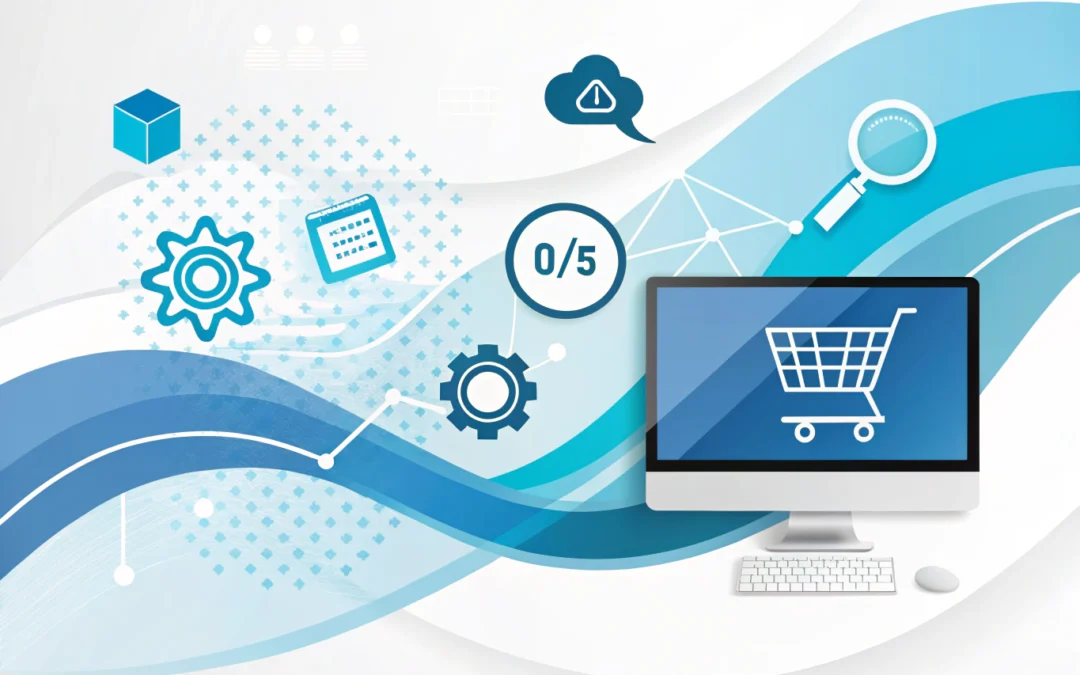Cracking the Code: Retail Arbitrage in the Age of AI
Imagine a game of chess where each move on the board is a potential opportunity to profit. Retail arbitrage is that chessboard for entrepreneurs, a strategy where you buy products at a low price from one market and sell them for a profit in another. But what’s changing the game? Enter AI—the intern who’s about to give you a few moves you hadn’t considered before.
For a deep dive into what is retail arbitrage, you can check the full article. But let’s explore how AI can transform this age-old practice.
The AI Advantage: Data, Insights, and Automation
Retail arbitrage, at its core, is about spotting price discrepancies. Traditionally, this involved endless hours of manual work, spreadsheet juggling, and a keen eye for deals. But let’s face it, humans have limitations—especially when processing massive datasets that can reveal these discrepancies.
AI steps in like a turbo-charged calculator on steroids. It can sift through mountains of data faster than you can say “profit margin”. Machine learning algorithms analyze market trends, predict demand shifts, and spot price variations across platforms. This isn’t just enhancing efficiency; it’s fundamentally transforming how we discover opportunities.
From Reactive to Proactive
Think of traditional retail arbitrage as a reactive endeavor. You spot a deal, you jump on it. AI, however, can help you become proactive. Imagine forecasting market trends before they happen—like predicting a spike in demand for pool floats before summer hits. AI can do that. By analyzing historical sales data, social media trends, and even weather patterns, it turns you into a retail Nostradamus. For those venturing into e-commerce, exploring Software Solutions for Amazon FBA Private Label Success might offer some critical insights.
Automation: The New Retail Assistant
While AI is often likened to an intern, in this realm, it’s more like a tireless retail assistant. Automation tools can handle repetitive tasks like inventory tracking, pricing adjustments, and order fulfillment, leaving you free to strategize and expand your empire. These tools act as a bridge, connecting human intuition with algorithmic precision.
Balancing the Human Touch
But here’s the twist: despite all its capabilities, AI isn’t about replacing the human element. It’s about enhancing it. You still need the creativity to identify niches and the empathy to understand consumer needs. AI provides the data-backed confidence to make bold decisions.
Actionable Recommendations: How to Leverage AI in Retail Arbitrage
- Data Integration: Invest in tools that integrate with various online platforms. The more data sources you have, the better AI can work its magic.
- Continuous Learning: Stay updated on AI advancements. The field is evolving, and staying ahead of the curve means being a lifelong learner. Exploring whether Is TikTok Shop Legit? Software Insights & Solutions can also provide additional layers of understanding.
- Experiment and Iterate: Use AI-generated insights to test new ideas. What works today might not work tomorrow, so keep experimenting.
- Focus on Value: While AI handles the numbers, don’t lose sight of the value your products bring to customers. Quality still trumps quantity.
In the end, retail arbitrage isn’t just about buying low and selling high. It’s about leveraging every tool at your disposal to navigate a complex, dynamic marketplace. And with AI as your co-pilot, the horizon looks promising.
Checkout ProductScope AI’s Studio (and get 200 free studio credits)

